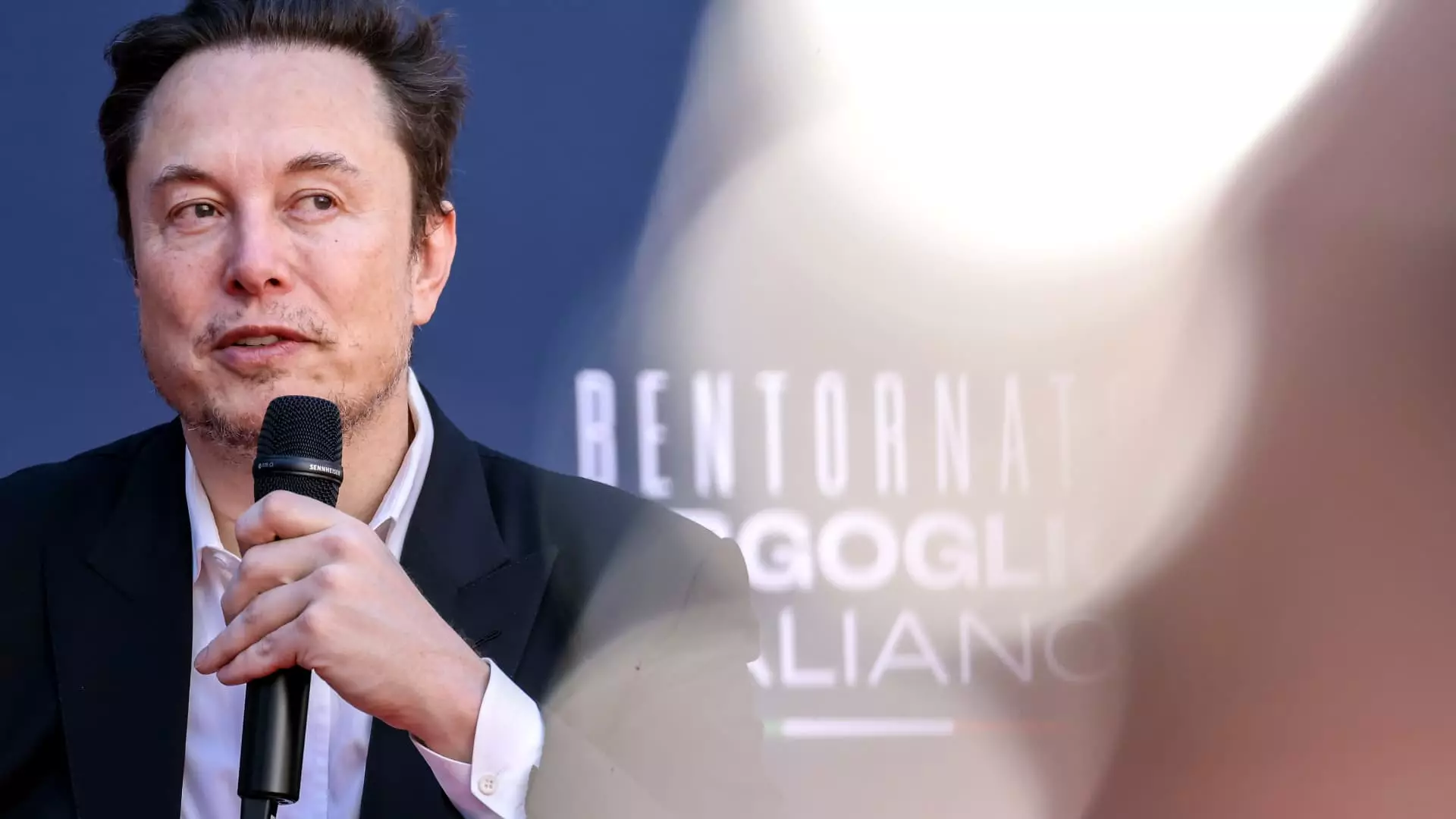OpenAI recently faced a legal challenge from Tesla CEO Elon Musk, who filed a lawsuit against the startup. Musk claimed breach of contract based on a 2015 “founding agreement” that he alleged existed between him and two other OpenAI co-founders, Sam Altman and Greg Brockman. However, OpenAI has refuted this claim by stating that there was no such agreement with Musk, as outlined in the complaint itself. Despite Musk’s assertions regarding the 2015 certificate of incorporation, OpenAI maintains that no concrete agreement was in place.
In response to Musk’s lawsuit, OpenAI criticized his claims as frivolous. The Microsoft-backed startup dismissed Musk’s assertion that OpenAI breached the alleged founding agreement by releasing the GPT-4 large language model without providing scientific details for public consumption. OpenAI labeled Musk’s accusations as baseless and emphasized that the startup had not violated any agreements with him. Despite Musk’s references to the startup’s 2017 for-profit plan, OpenAI contends that evidence would show Musk was supportive of the startup gaining a for-profit structure.
OpenAI has expressed its intention to have the court designate the case as complex, citing its involvement in AI technology and the long-standing nature of the claims. The startup highlighted the need for dedicated case management due to the intricacies of the issues raised by Musk’s lawsuit. Although Musk has his AI lab called X.AI and has released the chatbot Grok, OpenAI claims that Musk’s legal action stems from a desire to replicate the success achieved by OpenAI.
OpenAI pointed out that Musk’s interest in the startup’s achievements, particularly the success of ChatGPT with 100 million weekly users, reflects his desire to emulate that success through his own endeavors. The startup emphasized the significant technological advancements it has made and insinuated that Musk’s legal actions were driven by a desire to benefit from OpenAI’s progress. Despite the legal challenges it faces, OpenAI remains committed to furthering its goals in AI innovation and development.
Upon examining Musk’s allegations against OpenAI, it becomes evident that there is a discrepancy between his assertions and the reality of the situation. The lack of concrete evidence to support Musk’s claims of a founding agreement raises questions about the legitimacy of his lawsuit. Moreover, OpenAI’s response to the lawsuit highlights the baseless nature of Musk’s accusations and underscores the startup’s commitment to upholding its values and principles.
The legal battle between OpenAI and Elon Musk sheds light on the complexities of navigating the realm of AI technology and intellectual property rights. While Musk’s claims have sparked controversy, OpenAI’s steadfast defense against these accusations demonstrates its dedication to integrity and transparency in its operations. As the case unfolds, it will be interesting to see how the court adjudicates the matter and the implications it may have for the future of AI innovation.


Leave a Reply